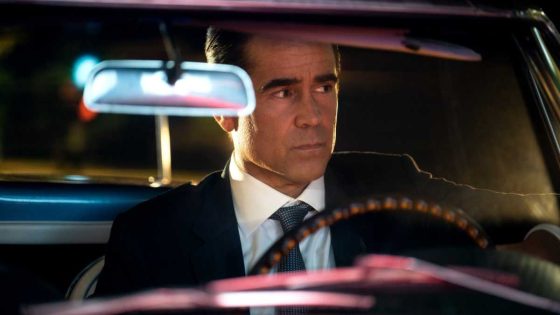The Prime Minister, in his “state of the nation” speech this week, accurately stated that the world is a very dangerous place, and we must ensure that our defence capabilities are up to the task. He is right on the threat but has yet to grasp that one way to meet it is by investing heavily in our physical and psychological military conventional deterrence.
The signs coming out of Moscow are far from encouraging, with Putin sacking his combat generals to replace them with “bean counters”. Presumably to ensure the economy is on a total war footing and capable of taking on Nato and outlasting it on the battlefields and in the parliaments of Europe. If Trump comes to power, he may only need to hold tight until January 2025; not long.
At the same moment, Russia appears to be making significant gains towards the second city Kharkiv, possibly catching the defenders on the hop and no doubt trying to unbalance the Ukraine army before the US heavy weaponry and the F16s arrive in numbers. The Ukraine Security Service believes that Russian forces are also massing in the northeast for another strike into Ukraine. In the worst case scenario, Russia could make significant gains this summer and terminally unsettle Ukraine’s defence. The fact that Volodymyr Zelensky has just cancelled visits to Spain and Portugal underwrites the seriousness of the current situation for those Western leaders not paying attention.
The US and Nato’s indecision and procrastination have helped strengthen Putin and given him the confidence to go on the offensive. Putin appears undeterred by Western leadership, believing many of our politicians are not up to the fight. Yet few who study this conflict believe Putin will stop at Ukraine: in order to prevent a major escalation between Russia and Nato, therefore, Ukraine must prevail. That will only happen with Nato’s indirect and direct support now.
Nato must plan for the worst-case scenario, where Russia breaks the “line” and charges West at speed and must be blocked. Much better to block in Ukraine than on Nato soil, but this may require Nato “boots in the air and on the ground”, or as a minimum the genuine threat of such action. Too many Western leaders have ruled this out, which has only emboldened Putin; here, President Macon is right. They must now rule it “in” to change Putin’s thinking and approach. We must also plan to knock down Russian missiles and drones attacking Ukrainian cities as we did those Iranian ones attacking Israeli cities.
Putin has done nothing to conceal his objectives. Yet, as he turns tractor factories into tank production lines, the West is more concerned about climate change, wokism and elections. None of which will prevent another world war. We are grudgingly, eventually, planning to spend 2.5 per cent of GDP on defence – yet and Russia is spending north of 6 per cent. This war has shown us yet again that mass really matters, and this we do not have, but Russia does in spades.
Most people in the UK, and probably the rest of Europe, do not believe war with Russia is a realistic possibility; our forebears thought the same in 1939. Had we not given up our defensive deterrence after World War I, Hitler would not have been so emboldened to attack, but we are gifting Putin the same advantage.
If politicians get this wrong now, their elections later in the year may be meaningless, as we all head to the recruitment centres rather than the polling stations. If they get this wrong, everything else vexing us today could become horrifically irrelevant tomorrow.
Colonel Hamish de Bretton-Gordon is former commanding officer of the 1st Royal Tank Regiment
Source Agencies


